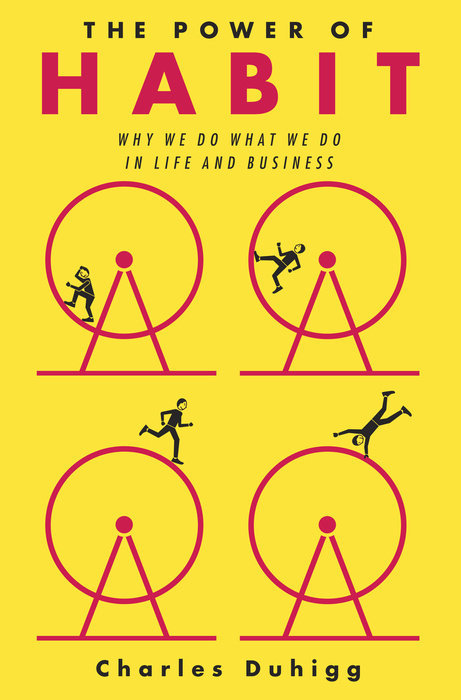
The Willpower Instinct: How Self-Control Works, Why It Matters, and What You Can Do to Get More of It
Book Description
Imagine having the power to resist temptation, conquer procrastination, and master your desires. "The Willpower Instinct" unveils the science behind self-control, revealing the inner battle that rages within us all. With gripping insights from psychology and neuroscience, this book explores why willpower matters and how it shapes our lives and choices. Kelly McGonigal shares practical strategies to strengthen resilience and reclaim control, transforming fleeting moments of clarity into lasting change. Can you harness the incredible force of willpower to rewrite your story and achieve the life you crave?
Quick Book Summary
In "The Willpower Instinct," psychologist Kelly McGonigal explores the science and psychology of self-control. Through a blend of research, real-life stories, and practical exercises, she reveals how willpower operates as a limited but trainable resource. McGonigal discusses why we so often sabotage our own best intentions, the physiological processes behind self-control, and how to strengthen willpower like a muscle. She highlights the importance of mindfulness, stress management, and understanding personal triggers to overcome common challenges such as procrastination, temptation, and addiction. By unpacking common myths and offering evidence-based techniques, the book empowers readers to set meaningful goals and sustain positive behaviors, ultimately transforming the role of self-discipline in their lives.
Summary of Key Ideas
Table of Contents
Understanding the Science of Willpower
Kelly McGonigal starts by clarifying what willpower truly is: the capacity to resist short-term temptations in order to achieve long-term goals. She introduces the idea that willpower consists of three essential powers—"I will," "I won't," and "I want." These elements reflect our impulses to take action, inhibit certain behaviors, and remember our overarching motivations. McGonigal grounds her insights in neuroscience, explaining how the prefrontal cortex governs self-control and why willpower can fluctuate throughout the day. Understanding the biological basis of willpower helps readers appreciate that self-control is not entirely a matter of character but is influenced by energy, focus, and physiological states.
Why We Sabotage Ourselves
A key theme of the book is identifying why people often undermine their own intentions. McGonigal delves into the internal war between immediate desires and future aspirations. She explains concepts like "moral licensing," where doing something good gives permission for subsequent indulgence, and the "what-the-hell effect," in which small failures spiral into larger lapses. Uncovering the psychological traps that derail willpower, McGonigal provides relatable examples, such as struggles with diet, exercise, and procrastination, illustrating how common it is to fall into these patterns, and why self-forgiveness is essential for sustained improvement.
Training and Strengthening Self-Control
Training willpower, according to McGonigal, is much like training a muscle; repeated use can strengthen it over time. She presents actionable strategies such as setting clear intentions, anticipating challenges, and practicing "delayed gratification" exercises. The book emphasizes the importance of small wins and developing a growth mindset when confronting willpower challenges. By encouraging readers to reflect on patterns, set realistic goals, and celebrate incremental progress, McGonigal empowers people to develop greater resilience and self-regulation as part of their daily habits.
The Role of Mindfulness and Stress
Mindfulness emerges as a central tool for willpower enhancement. McGonigal describes how practices like meditation and focused breathing help individuals become more aware of impulses and emotional triggers, reducing stress and improving decision-making. She highlights the role of stress as a saboteur of self-control, explaining the physiological shift toward impulsivity under pressure. Offering exercises and guided reflections, the book shows how being present—rather than succumbing to autopilot—allows people to make conscious choices aligned with their values, even when cravings and distractions arise.
Turning Insights into Lasting Change
Ultimately, "The Willpower Instinct" provides a roadmap for turning scientific insight into sustainable change. McGonigal encourages readers to experiment with different self-control strategies, track progress, and learn from setbacks. The concluding message is one of self-compassion and persistence: understanding willpower as an evolving skill, not a fixed trait, makes it possible for anyone to improve. By becoming aware of the forces at play and consciously employing practical tactics, readers can harness willpower to lead more intentional and fulfilling lives.
Download This Summary
Get a free PDF of this summary instantly — no email required.





